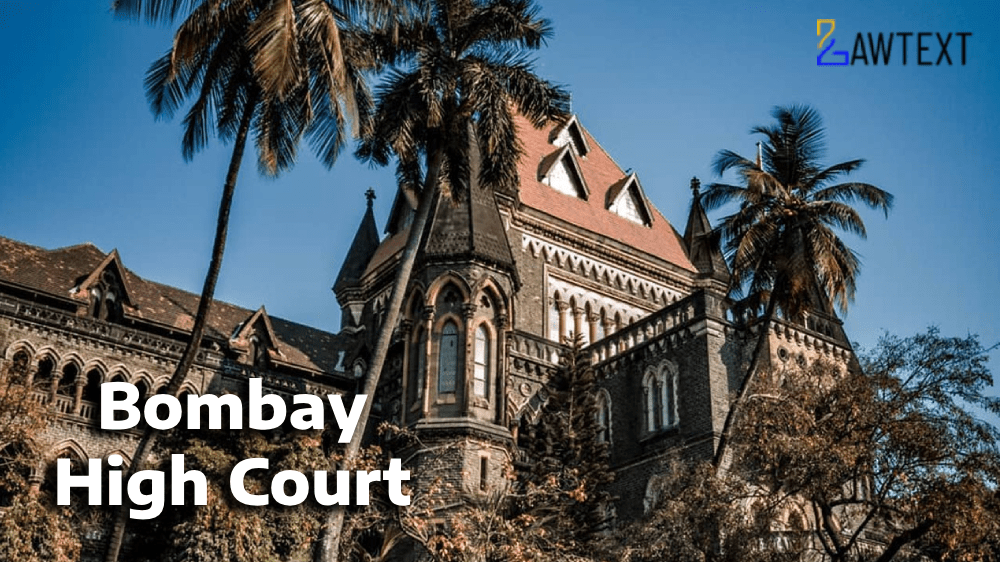

The Bombay High Court upheld the constitutional validity of Section 96(b) of the Cantonment Act, 2006, which mandates the deposit of disputed taxes as a condition to hearing appeals. The petition by SGS Infratech Limited challenged this provision, arguing that it imposed undue hardship and violated constitutional rights under Articles 14 and 19(1)(g). However, the court ruled that this provision is in line with previous judgments and necessary for balancing appeal rights with tax recovery.
SGS Infratech Limited (operating SGC Mall in Pune Cantonment area) filed the petition challenging the validity of Section 96(b) of the Cantonment Act, 2006. The petitioner argued that the requirement to deposit the disputed tax before the appeal could be heard was unconstitutional, violating Article 14 (equality before the law) and Article 19(1)(g) (right to carry on business) of the Constitution of India.
The petitioner claimed that the Pune Cantonment Board arbitrarily determined taxes and that requiring pre-deposit before an appeal imposes an unreasonable burden on businesses. They cited the absence of provisions allowing waiver of deposit, which are present in other tax laws.
The Pune Cantonment Board countered by stating that similar provisions existed in the Cantonment Act, 1924, and were upheld by the Supreme Court in the St. Mary’s School case. They argued that the requirement was neither arbitrary nor discriminatory, as it applies equally to all, and that the petitioner owed significant taxes.
The court analyzed the Cantonment Act in light of similar cases and precedents, such as Gujarat Agro Industries and Elora Construction Co., reaffirming that the right to appeal is not a fundamental right but a statutory right. It can be subject to conditions like pre-deposit to ensure tax recovery while allowing an appeal process.
Citing multiple cases including Shyam Kishore v. Municipal Corporation of Delhi and St. Mary's School v. Cantonment Board, Meerut, the court held that preconditions for tax-related appeals are constitutional and do not violate equality or business rights. It emphasized that hardships faced by appellants do not invalidate such statutory provisions.
Cantonment Act, Section 96(b), Constitutional Validity, Tax Law, Property Tax, Bombay High Court, Right to Appeal, Article 14, Article 19, Pre-Deposit Requirement, Pune Cantonment, Judicial Precedents
Citation: 2024 LawText (BOM) (9) 261
Case Number: WRIT PETITION NO. 6924 OF 2013 WITH INTERIM APPLICATION NO.12990 OF 2024 (INTERIM APPLICATION (ST) NO.26800 OF 2024) IN WRIT PETITION NO. 6924 OF 2013
Date of Decision: 2024-09-26
Case Title: SGS INFRATECH LIMITED SGC MALL VERSUS UNION OF INDIA & ANR.
Before Judge: M. S. Sonak & Kamal Khata, JJ.
Advocate(s): FOR THE PETITIONER FOR RESPONDENT NOS.2 TO 4 Mr Arohi Bhalla, with Mr Dinesh Gandhi, Mr Saahil Memon, Divyae Patel, and Ms Neha Dubey, i/b Link Legal India Law Services. Mr K. J. Presswalla, with Mr Sandeep Goyal, i/b Mulla & Mulla & Craigie Blunt & Caroe.
Appellant: SGS INFRATECH LIMITED SGC MALL
Respondent: UNION OF INDIA & ANR.